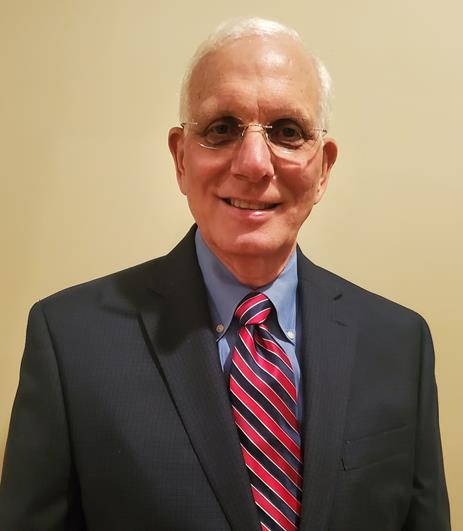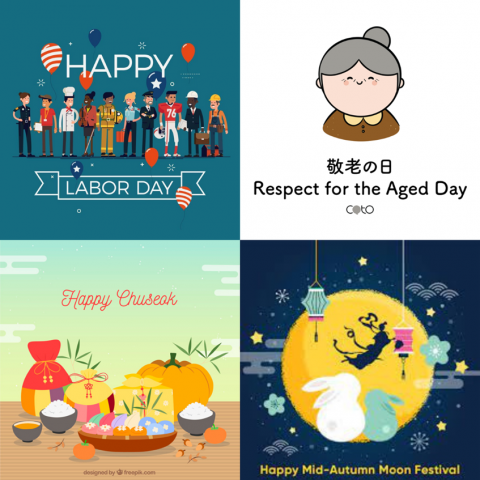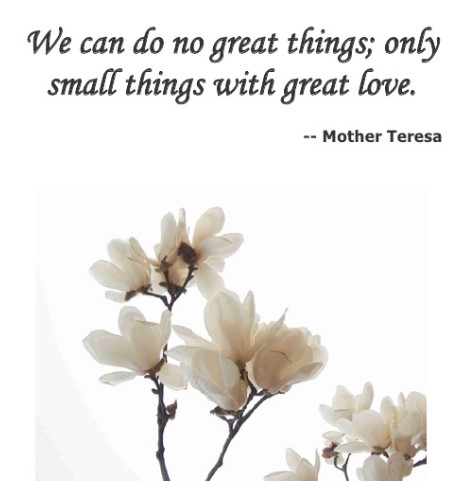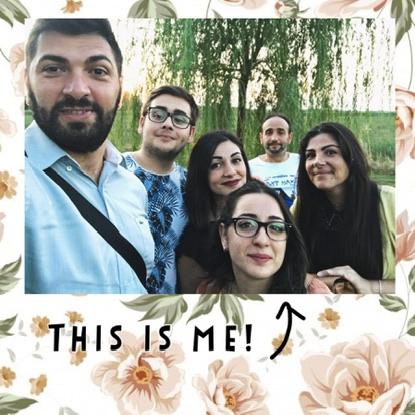November is the American Thanksgiving month…the time of the year when we give thanks for the many good things we have in our life- both the big things, like our family and the ability to study abroad and even the small things, like cell phones and great food. Being grateful has many benefits for mind, body, and soul. Let’s look at some of these advantages.
Gratitude Improves:
- Physical Health– Grateful people have overall better health. Research has shown that the more people show gratitude, the more they participated in healthier activities resulting in better actual health. Gratitude can lead to better moods and better sleep resulting in better heart health and lower amounts of inflammation in the body.
- Psychological Health– Being thankful reduces the amount of unhealthy emotions a person carries that can lead to frustration and regret. Gratitude causes the brain to produce an increase in dopamine, which is a neurotransmitter related to feelings of pleasure and reward-motivated behavior. Practically, this means a thankful mind can have a positive impact on how you feel and behave.
- Empathy– Empathy is the ability to understand and share the feelings of another. New research has shown that grateful people were more compassionate (more loving) because they were empathetic….they could identify with other people’s emotions. There is a benefit to us by showing empathy- we feel more connected to others.
- Sleep: Spending a few minutes each day writing down what you are thankful for helps you sleep better and longer. Counting your blessings decreases your worries resulting in more restful sleep.
- Self-esteem: Research has shown feeling generous to others generates positive feelings about yourself. In the same way, feeling good about yourself, also makes you want to share that goodness with others creating a positivity cycle. Being grateful also reduces social comparisons. Rather than feeling resentful towards others who have more than you, which can affect your self-esteem, thankful people are able to appreciate other people’s accomplishments.
Gratitude Decreases:
- Risk of Depression: Expressing feelings of gratitude can lead to fewer symptoms of depression and anxiety symptoms. “Gratitude is the way by which we remind ourselves that not everything is bad and there are blessings we can focus on,” says Sanam Hafeez, M.D., a neuropsychologist and Columbia University faculty member. Having gratitude helps you feel motivated to achieve your goals, and achieving your goals keeps you grateful, which can protect you against depression and other mental health difficulties. Gratitude increases mental strength and resilience and can help overcome stress and trauma.
- Stress Levels: Practicing thankfulness has been shown to improve emotional regulation, which is the ability to control our feelings. One study looked at participants’ heart rate before, during, and after experiencing gratitude compared to resentment. When an individual focused on things they were grateful for, their heart rates decreased- a changed associated with calmness. Also pictures of the brain show that when communicating gratitude, the part of the brain correlated with calmness was more active.
Now is a great time to start practicing thankfulness. What separates gratitude from thankfulness is intention. Gratitude is the quality of thankfulness…it’s something you intentionally choose to focus on and practice. It is more than just a feeling, but rather an action. Showing gratitude allows you to reap the benefits emotionally and physically, but also encourages us to cultivate an attitude of giving to others.
“Say thank you to the Lord for being so good, for always being so loving and kind.”
Psalm 107:1 (TLB)
Sincerely,
Tiffanee M. Wright, MA, MPH | Executive Director
AHLI – International Education and Homestay


















